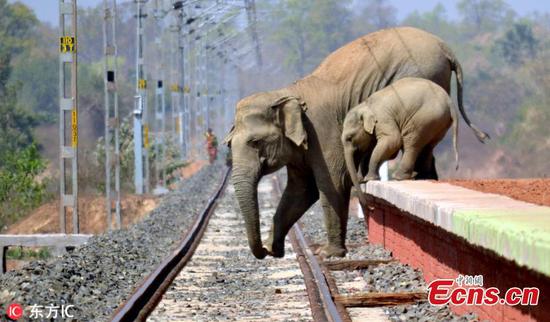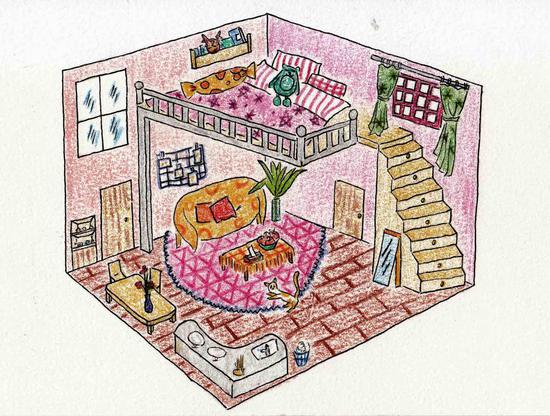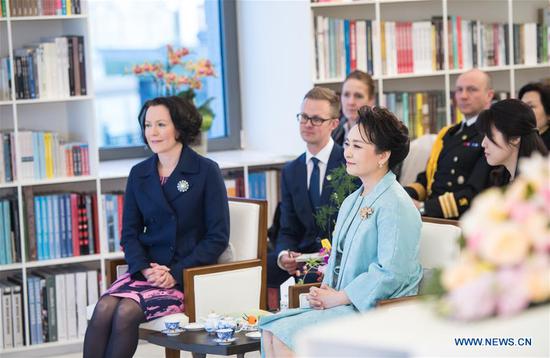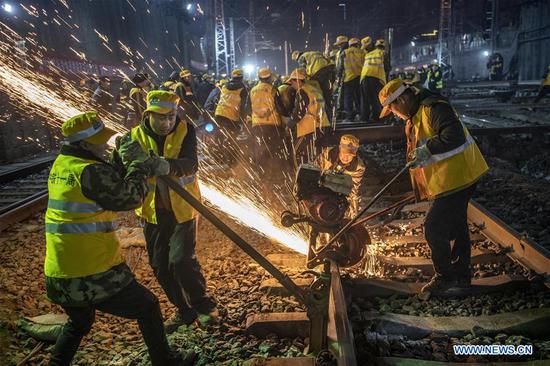House prices in major Chinese cities remained stable in December as local governments largely continued control of the housing market, official data showed Wednesday.
On a monthly basis, new house prices in 59 of the 70 major cities monitored by the government gained in December, down from 63 a month earlier, data from the National Bureau of Statistics (NBS) showed.
Eight cities reported lower new house prices while three saw prices unchanged.
New house prices in four first-tier cities -- Beijing, Shanghai, Shenzhen and Guangzhou -- rose 1.3 percent in December, up 1 percentage point from the previous month, while resold house prices in the four cities continued to drop last month, dipping 0.3 percent on average.
The property market in smaller cities showed signs of cooling in December with growth of house prices in 31 second-tier and 35 third-tier cities slowing.
NBS senior statistician Liu Jianwei said local governments kept differentiated real estate policies in December to maintain stable and sound development of the property market.
Compared with a year ago, new house prices for 2018 in four first-tier cities edged up 0.5 percent on average, shrinking from the 10.1-percent gain during the same period a year earlier, the bureau said. Growth of resold house prices also saw a significant slowdown.
China's second-tier cities generally followed the trend while third-tier cities continued to register vigorous increases.
Such stability is the result of rigorous regulations that kicked in more than two years ago amid rising concerns that overheating house-sales were leading to dangerous asset bubbles and posing a major threat to the economy.
The efforts escalated in 2018, when a record number of measures were imposed on the market.
Regulators rolled out a total of 450 new policies ranging from purchase restrictions to home mortgage tightening across the country last year, up 75 percent from 2017, said Zhang Dawei, chief analyst with Centaline Property.
The government's stance on property control has remained unchanged.
The annual Central Economic Work Conference held last month called for a long-term mechanism to maintain the sound development of the real estate market, under the principle that "housing is for living in, not speculation," which analysts said set the tone for China's property market regulation this year.
The long-term mechanism is expected to include, but not be limited to, differentiated regional policies, more affordable housing projects, a robust home rental market and property tax legislation.
The focus will stay on market stability in the future and home prices will continue to stabilize, according to a report of the China Index Academy, a property research institution.
Fitch Ratings predicts home prices in first and second tier cities to be flat over the next two years, while third tier cities will experience a moderate decline as home purchase and reselling constraints remain in place.


















































